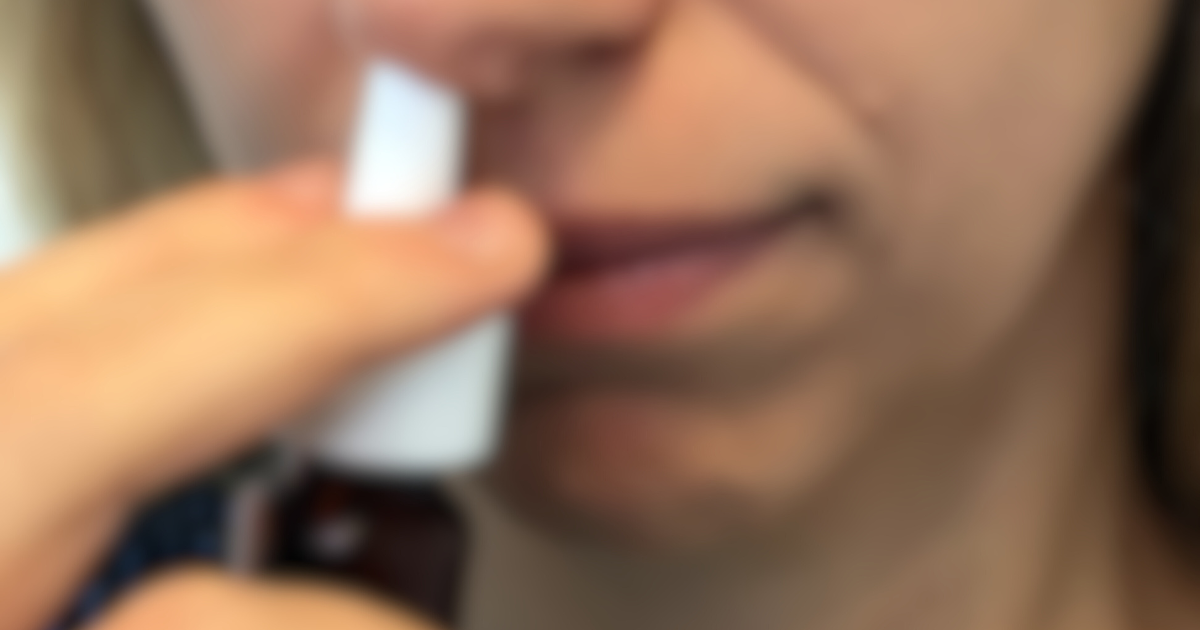A groundbreaking study from Thomas Jefferson University has found a new potential use for an old drug, intranasal ketamine, which could provide much-needed relief for individuals with refractory chronic migraines. Intranasal ketamine, traditionally known as an illegal recreational drug, may offer an important treatment alternative for patients whose headaches don’t respond to traditional treatment methods.
What Are Migraines?
Migraines are severe, debilitating headaches often accompanied by:
- Nausea
- Vomiting
- Extreme sensitivity to light and sound
Chronic Migraines: A Persistent Challenge
Many people can still find relief with existing treatments. However, those suffering from refractory chronic migraines struggle with headaches that resist common therapeutic methods.
A research team led by Michael Marmura at Thomas Jefferson University conducted this study to explore the potential of intranasal ketamine as a treatment for these challenging migraines. According to a report from Drug Topics, the team evaluated the drug’s clinical effectiveness and tolerability in treating refractory chronic migraines.
The Study and Its Findings
The researchers examined data from patients who had received intranasal ketamine between January 2019 and February 2020. Their study, published in Regional Anesthesia and Pain Medicine, included 242 individuals, mostly women, who had tried four different preventive medications without success. Patients were instructed to use a specially formulated ketamine nasal spray. The spray contained approximately 10 mg of ketamine per 0.1 mL spray.
The treatment protocol involved using one to two sprays in each nostril every 15 minutes as needed. There is a daily limit of 20 sprays and a weekly maximum of 40 sprays.
Could Ketamine Be a New Frontier in Migraine Treatment?
The research yielded hopeful results:
- 50% of the patients found the ketamine nasal spray highly effective
- Nearly 40% deemed it somewhat effective
- Over 30% of patients reported a significant improvement in their quality of life.
However, it is essential to mention that a large proportion, 74%, reported experiencing at least one side effect, most commonly fatigue and visual disturbances. Despite potential side effects, the researchers believe that intranasal ketamine could signify a new frontier in the treatment of refractory chronic migraines. This is especially true for patients unresponsive to other treatment options.
Ensuring Safe Treatment Pathways
While the widespread acceptance and use of intranasal ketamine for migraine treatment may be on the horizon, the clinical use of ketamine is currently tightly regulated due to its status as an illicit substance outside of medical applications. It is crucial for patients to consult healthcare professionals for the most effective and safe treatment routes.
For those dealing with substance abuse issues, organizations such as Landmark Recovery provide vital support and assistance. Call us at 888-448-0302 today if you need to speak with an admissions counselor.

Choose Recovery Over Addiction
We're here 24/7 to help you get the care you need to live life on your terms, without drugs or alcohol. Talk to our recovery specialists today and learn about our integrated treatment programs.




